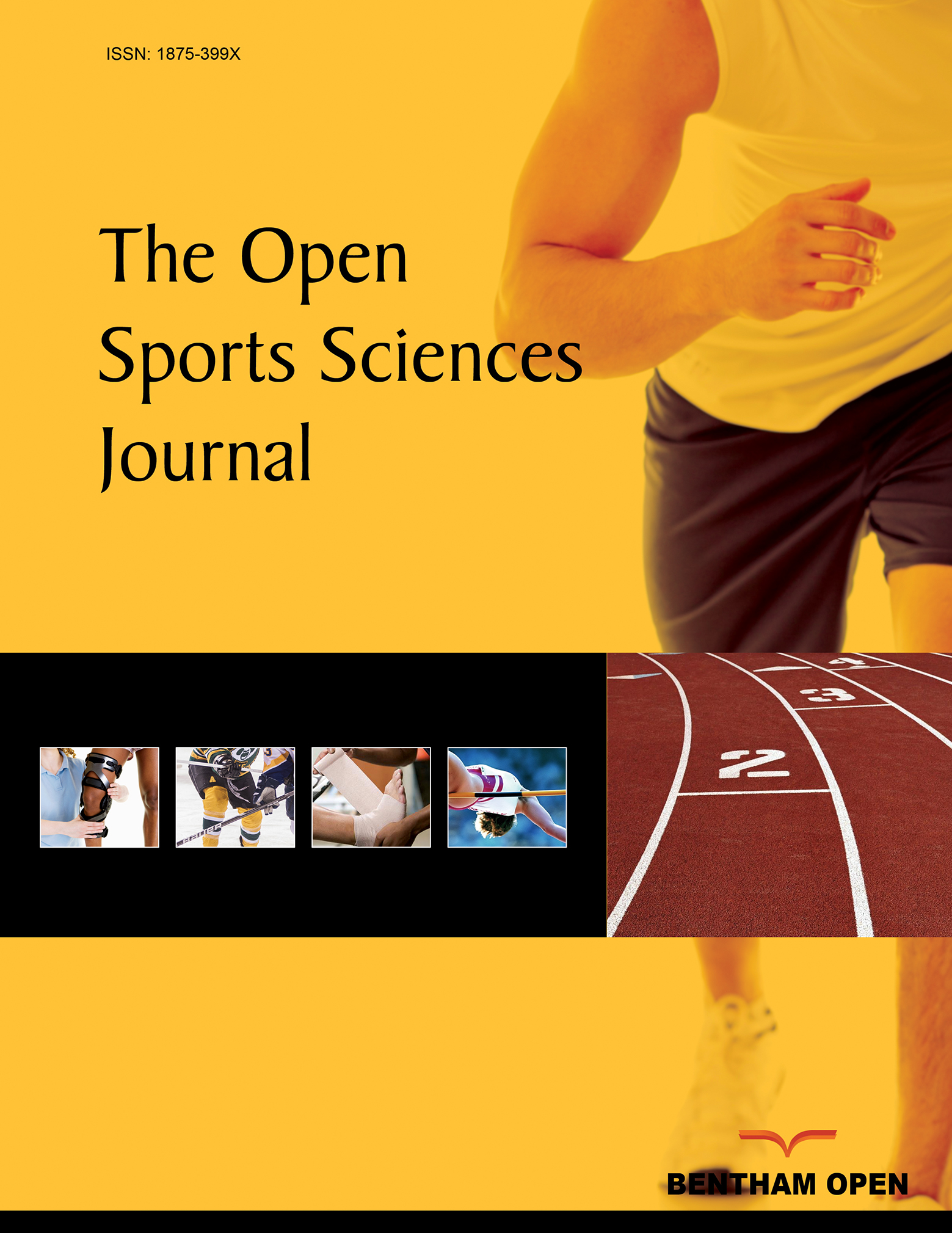All published articles of this journal are available on ScienceDirect.
The Effect of Situational Variables on Teams' Performance in Offensive Sequences Ending in a Shot on Goal. A Case Study
Abstract
The aim of this study is to analyze the effect of quality of opposition and game period, considered independently and interactively, on team performance in offensive sequences ending in a shot on goal by a Portuguese professional association football team. A total of 155 offensive sequences were sampled from ten matches involving a team from the Portuguese Premier League during the 2009-2010 season. The team’s offensive performance was examined using notation and time-motion analysis. The observation system, composed of 14 performance indicators, was developed to record the team's offensive performance. Data were collected using Match Vision, TACTO and MATLAB software, and analyzed using descriptive statistical methods, two-way ANOVA and log-linear modeling. The results reveal the significant effect of quality of opposition on game situations in which shots were made (p ≤ 0.05), a numerical relationship between attack and defense players (p ≤ 0.05) and in the distance covered by players (p ≤ 0.05); game period had a significant effect on the length of offensive actions (p ≤ 0.05) and the distance covered by players (p ≤ 0.05). No interactive effect of quality of opposition and game period on offensive performance indicators was found. These findings suggest that team offensive play in sequences ending in a shot on goal are influenced by situational variables. Further research should focus on the independent and interactive effects of match context on the spatial-temporal variables that describe players’ offensive and defensive behavior in different stages of a game.


